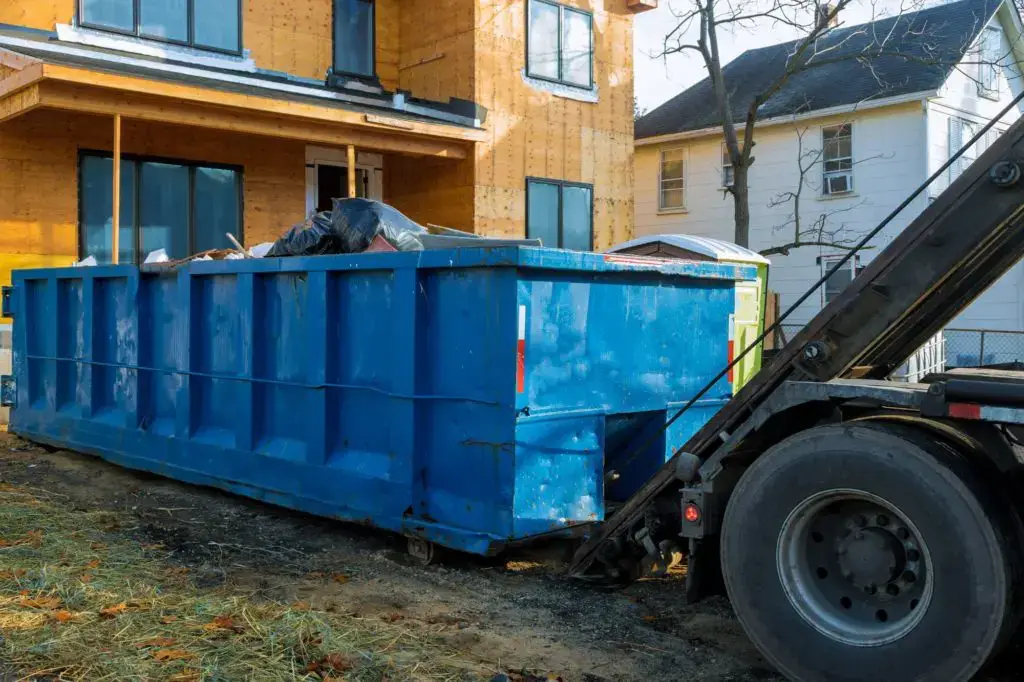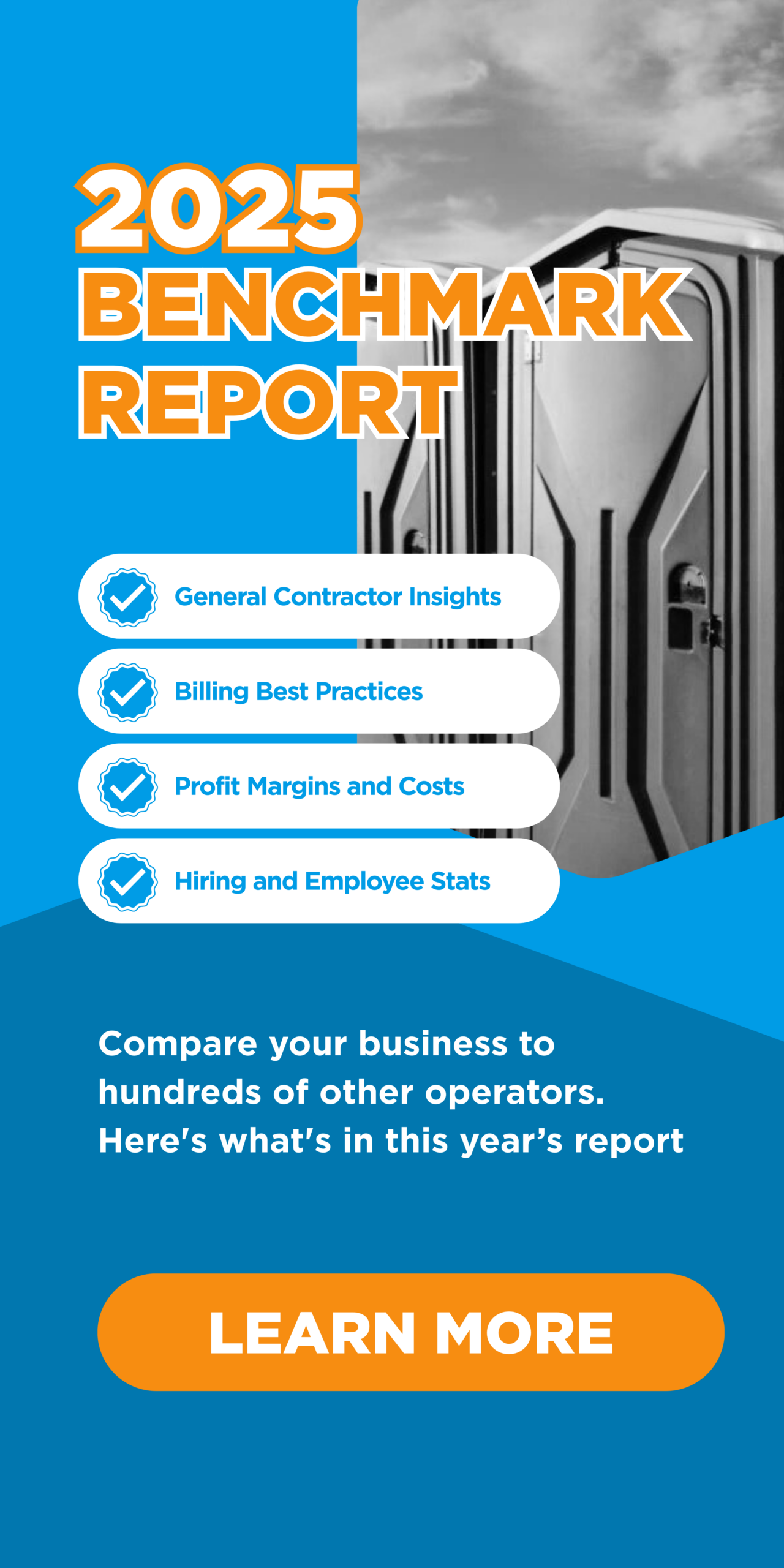How Profitable is the Roll-Off Dumpster Industry?
Introduction: An Overview of the Roll-Off Dumpster Business
What’s sturdy, rectangular, and always in demand? That’s right, the humble roll-off dumpster. It’s easy to underestimate the value of these hardworking containers. But for those in the know, the roll-off dumpster business presents an exciting opportunity to rake in some serious profits.
A Brief History of the Roll-Off Dumpster Industry
The roll-off dumpster industry is rooted in practicality. In the early 20th century, construction crews and homeowners alike needed a solution for all the waste they were generating. In the 1930s, George Dempster invented the first design of what we know today as a dumpster. Providing a simple, convenient way to manage large volumes of waste, these containers soon became an essential part of our waste management ecosystem.
Roll-off trucks trace their roots back to the 1950s in Oregon. Pioneering the way for efficient waste management, these trucks became the backbone of the roll-off dumpster business.
Today, you’ll find roll-off dumpsters at the heart of various projects – from commercial construction sites and home renovations to city-wide events and residential cleanups. These silent workhorses keep our sites clean and our processes efficient.
The Current Market Status of Roll-Off Dumpster Businesses
Take a moment to think about the current construction boom. Now, consider all the waste it generates. Got the picture? That’s where roll-off dumpster businesses step in. They ensure that waste doesn’t become a stumbling block for progress. It’s no wonder the demand for these services is consistently strong.
- The real estate sector is booming, and with it, the demand for roll-off dumpsters.
- As folks become more conscious about waste management, the dumpster business is set to prosper.
- From construction sites to home cleanouts, the demand for dumpsters spans various sectors.
But it’s not all about demand. A profitable dumpster business also depends on strategic pricing, understanding the local market, and keeping an eye on operational costs. You’ve got to know the lay of the land. We’ll delve deeper into these factors in our next section.
So, stay tuned and get ready to discover the potential profitability of the roll-off dumpster industry. Let’s turn that trash into treasure, together.
Understanding the Profitability Factors in the Dumpster Business
As with any business venture, understanding the nuances that determine profitability is key in the roll-off dumpster industry. Let’s break it down to the three major factors: pricing strategy, local market understanding, and operational costs.
Pricing Strategy for Roll-Off Dumpster Rental

The price you charge for your roll-off dumpster services plays a significant role in your profits. Consider these points while setting your prices:
- The average rental price in your area: Staying competitive is crucial. It’s worth spending time researching the typical dumpster rental prices in your locale.
- The size and type of the dumpster: Larger dumpsters and those designed for specific waste types can often command higher rental fees.
- The duration of rental: Whether it’s a one-day job or a month-long project, the length of the rental period should be factored into your pricing.
Impact of Location and Local Competition on Dumpster Businesses
Understanding your local market is crucial. Here are some key elements to consider:
- Local competition: Know your competitors. How many other dumpster businesses operate in your area? What are they offering, and how can you differentiate your services?
- Demographic needs: Are you in a suburban area with a lot of home renovation projects, or is your market more commercial with many construction sites?
- Local regulations: It’s crucial to stay on top of any local laws or regulations that might impact your dumpster business, like disposal fees or permits.
Costs Involved in Running a Dumpster Business
Profitability also depends on how well you manage your operational costs. Some expenses to factor in include:
- Procurement of dumpsters and roll-off trucks: These are your primary assets, and their maintenance is crucial.
- Disposal fees: Depending on your local landfill or recycling center, you may need to pay fees for waste disposal.
- Insurance and permits: Ensure you are compliant with all necessary regulatory permits and have adequate insurance coverage.
- Employee salaries: If you hire staff, their salaries and benefits would also constitute a significant part of your operational costs.
Understanding these profitability factors lays a strong foundation for a profitable roll-off dumpster business. By navigating these aspects effectively, you could be well on your way to turning your dumpster venture into a goldmine.
Key Opportunities for Profit in the Dumpster Business
Spotting the right opportunities can elevate your roll-off dumpster business to new heights. Here are some sectors that could provide significant profit potential.
Exploring the Construction Sector: A Major Consumer of Dumpster Services
One of the biggest consumers of dumpster services is the construction industry. Construction sites generate substantial amounts of waste, and roll-off dumpsters are integral in managing this. Opportunities here include:
- New construction projects: These involve large-scale waste generation and hence, a need for roll-off dumpsters.
- Demolition projects: These projects generate significant waste and require dumpsters for proper disposal.
Demand for Roll-Off Dumpsters in Commercial and Residential Cleanouts
Another area offering profitable opportunities is the realm of commercial and residential cleanouts. Whether it’s a business relocating or a homeowner clearing out their basement, there’s always a demand for roll-off dumpsters. Some avenues include:
- House cleanouts: Often, when people move or undertake big cleaning projects, they require dumpsters to manage the waste.
- Business cleanouts: Offices and businesses also periodically need dumpsters for cleanouts, especially when they’re moving or renovating.
Special Events and the Temporary Need for Dumpsters
Special events are another niche where roll-off dumpsters are in demand. From community events to music festivals, dumpsters play a crucial role in keeping these spaces clean and manageable. These opportunities may be seasonal but can provide a significant boost to your profits.
- Community events: Local fairs, carnivals, parades, and other community events typically require dumpsters for waste management.
- Large-scale events: Concerts, sports events, and festivals generate a lot of waste and often require several dumpsters.
By strategically tapping into these key areas, your roll-off dumpster business can carve a profitable niche for itself. It’s all about understanding the opportunities out there and aligning your services to meet those needs effectively.
The Role of Sustainability and Recycling in Enhancing Dumpster Business Profits
In today’s world, sustainability is more than just a buzzword. It’s a necessity. Implementing eco-friendly practices in the roll-off dumpster business isn’t just good for the environment—it can boost your profits too.
How Recycling Can Increase the Profitability of a Dumpster Business
Recycling not only reduces the amount of waste that ends up in landfills but can also be a revenue stream for your business. Here’s how:
- Reduced disposal costs: By recycling, you decrease the amount of waste that needs to be disposed of at landfills, thus reducing your landfill fees.
- Selling recyclable materials: Some materials like metal, paper, or plastic can be sold to recycling companies, providing an additional income source.
Creating a Sustainable Model for the Roll-Off Dumpster Business
Building sustainability into your business model can also lead to increased profitability. Here’s why:
- Differentiating your business: Offering environmentally friendly waste management can set you apart from your competition, potentially drawing in more customers.
- Meeting customer demands: More and more customers are seeking out businesses that prioritize sustainability. Catering to this demand can improve your customer base and, in turn, your profits.
The Market’s Growing Demand for Eco-Friendly Waste Solutions
The market is increasingly leaning towards eco-friendly solutions, including waste management. Tapping into this growing demand can lead to increased profitability:
- Offering eco-friendly services: Providing services like recycling and composting can attract environmentally-conscious customers.
- Partnering with green initiatives: Collaborating with local eco-friendly initiatives can not only boost your image but also open up new avenues for business.
Incorporating sustainability and recycling into your roll-off dumpster business can result in a win-win situation. It helps the environment, meets growing market demand, and enhances your profitability. It’s a green path worth exploring.
Case Studies: Profitable Roll-Off Dumpster Businesses
Learning from those who have already paved the way can provide valuable insights for your dumpster business. Here, we look at two case studies of successful businesses in this industry.
Success Story 1: Dumpster Rental Service Embraces Recycling
One success story from the roll-off dumpster industry comes from a business that recognized the value of recycling early on. They created a differentiation by positioning themselves as a ‘green’ dumpster company.
- They sorted and recycled the waste collected in their dumpsters, reducing their landfill fees significantly.
- They sold recyclable materials to recycling firms, creating an additional stream of income.
- They catered to a growing market of environmentally conscious consumers, thus expanding their customer base.
This recycling-centric business model not only helped the environment but also significantly boosted their profits.
Success Story 2: A Local Roll-Off Dumpster Company Leverages Location
Another successful company focused on understanding and capitalizing on its local market. This company became profitable by strategically adapting to the needs of its local area.
- They researched their local market thoroughly, understanding the demand and adjusting their offerings accordingly.
- They priced their services competitively while maintaining a focus on quality service, creating a loyal customer base.
- They navigated local regulations effectively, avoiding fines and ensuring smooth operations.
This local-focused strategy helped the company carve out a successful niche in the roll-off dumpster industry.
These success stories showcase different strategies that led to profitability in the roll-off dumpster business. The common thread is a deep understanding of the market and a strategic approach to meet its demands. Adopting such strategies could put your dumpster business on the path to success.
Conclusion: The Future of Profit in the Dumpster Business
The roll-off dumpster business is ripe with potential for profit. Its foundations are strong, built on consistent demand and a wide range of sectors that require these services. But what does the future hold for this industry?
Market Trends Influencing Future Profitability
Understanding future trends can help steer your dumpster business towards continued profitability. Here are a few trends to watch:
- Growing sustainability concerns: As the demand for eco-friendly waste management solutions continues to rise, businesses that incorporate green practices stand to gain.
- The construction boom: The sustained growth in the construction sector predicts a steady demand for roll-off dumpster services.
- Increased awareness of waste management: As more people become aware of the importance of proper waste management, the need for professional services like dumpster rentals will likely increase.
Strategies for Staying Profitable in a Competitive Dumpster Market
Staying profitable in the roll-off dumpster business will require a keen eye for opportunities and the flexibility to adapt. Here are some strategies:
- Keep tabs on your local market: Always stay in tune with local demands and adjust your offerings accordingly.
- Differentiate your services: Find a unique selling proposition for your business, be it sustainability, service quality, or flexible pricing.
- Stay compliant: Navigating regulations effectively will help avoid fines and ensure smooth operations.
In essence, the roll-off dumpster business presents an opportunity to turn what others see as trash into a true treasure. By understanding the market, spotting key opportunities, and embracing sustainability, you can build a profitable venture in this industry. So, are you ready to turn trash into your treasure?



